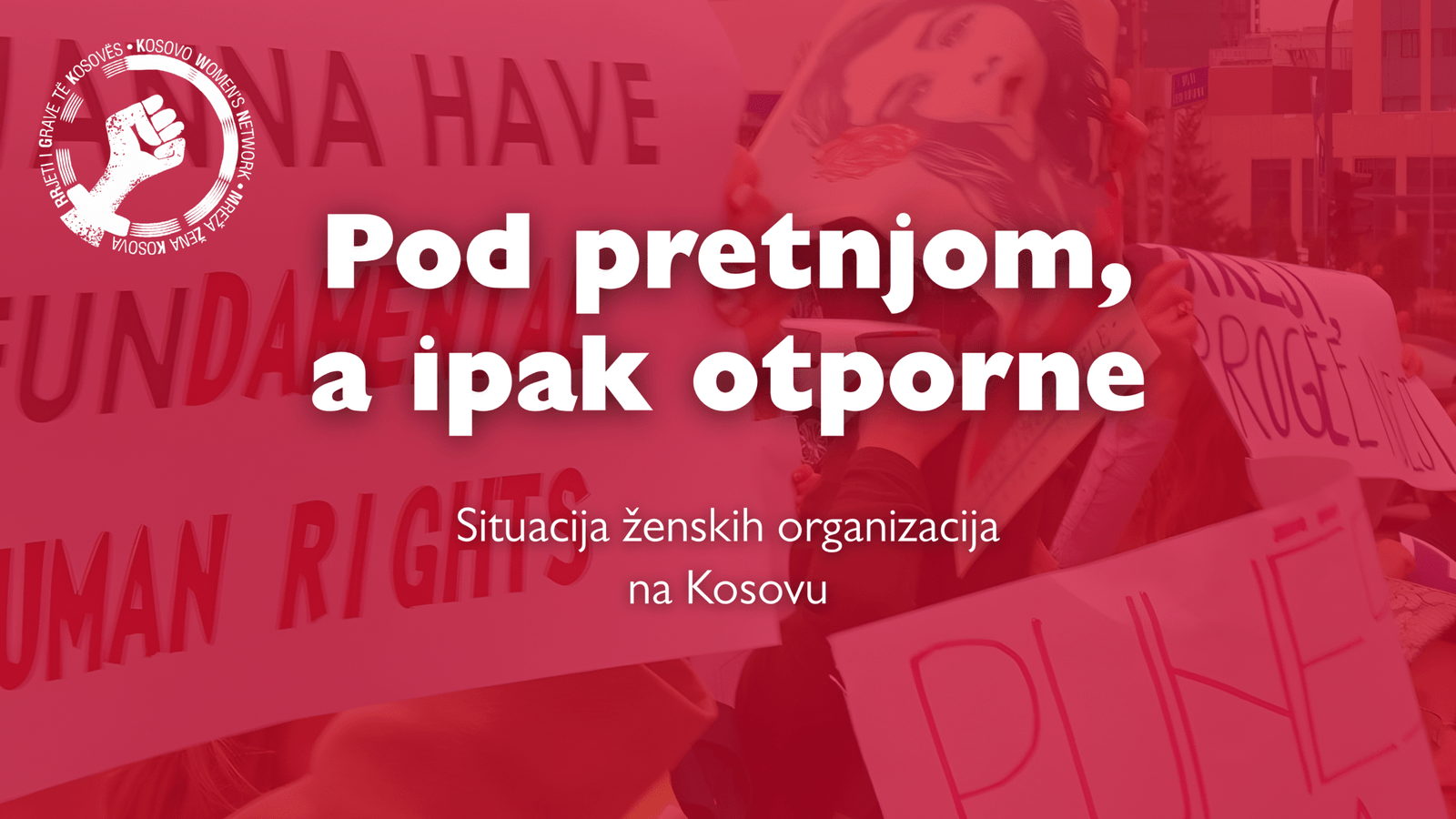On 31 Oct., the OSCE Mission in Kosovo presented a paper on “Women’s Representation in Senior Decision-making Positions of Independent Institutions in Kosovo” at Hotel Sirius in Prishtina. The discussion paper provides data, as well as identifies obstacles to women’s participation in leadership positions within independent institutions in Kosovo.
OSCE’s survey of 25 independent institutions in March 2014 found that 13 of these institutions do not have any women board members, whereas only approximately 18% of all board members in these institutions are women.
“In order for these institutions to be legitimate in the eyes of the public, they need to be representative of the population,” OSCE stated in the paper. Women’s participation in decision-making positions is important as per the Law on Gender Equality, which calls for women’s and men’s 40% participations at all levels of decision-making. Evidence also suggests that women’s participation can contribution to better organizational performance, the paper stated.
On behalf of KWN, Nicole Farnsworth, Program Manager and Lead Researcher, added during the panel discussion that women’s participation in decision-making also can help to ensure that independent institutions’ policies, programs and services, as relevant, meet the potentially unique needs and interests of women.
Key challenges to women’s participation in decision-making positions identified by the paper include: party politicization in the selection process, which favors male candidates; a lack of political will among those selecting and appointing positions to include women; the general difficulties that women face in combining family and career roles; inequality in maternity and paternity leave that places the burden of childcare on women; the lack of mandatory quotas in independent institutions; and insufficient anti-sexual harassment policies in institutions.
Towards addressing these challenges, Farnsworth emphasized the importance of affordable public daycare that would enable more women to enter the public workforce; introducing affirmative actions and quotas in hiring and appointment processes, among candidates that have met pre-determined criteria in terms of skills and experience; ensuring that anti-sexual harassment policies exist and are enforced; introducing paternity leave towards safeguarding men’s rights to participate in parenting; and continuing to support women in developing their leadership skills. She stated that KWN remains committed to encouraging and supporting more women in entering such positions.
A recommendation resulting from the discussion was that OSCE should consider publishing an updated paper that examines each independent institution separately as the internal organizational structures of institutions differ. For example, the Office of the Auditor General does not have a Board of Directors and thus the data is misleading, said Mr. Artan Venhari, from the Office of the General Auditor. The future paper could also include recommendations for addressing inequalities.
The discussion paper is available onlinein Albanian, Serbian and English languages.






